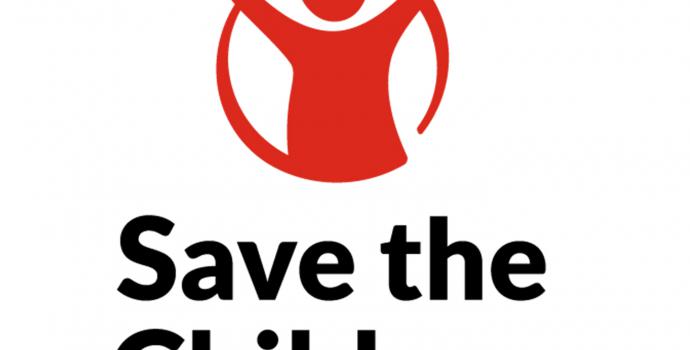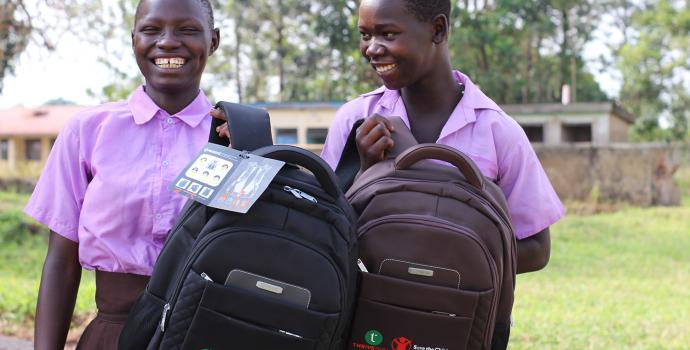Financing for Education: Debt Servicing, Unpredictable Funding and Other Barriers

Kampala, 20th June 2023.
Globally, fourteen nations, which host more than half of the world’s refugees, are paying as much in interest on external debt as it would cost to educate millions of refugee children for nearly five years, according to a new report by Save the Children calling for greater priority to be given to educate children on the move.
The findings, launched in the report The Price of Hope ahead of World Refugee Day, found that the world’s top 14 refugee-hosting countries with available debt data spent US$23 billion on interest payments for external debt in 2020, with four of those spending more on external debt payments than on education. This significantly inhibits the ability of hosting governments to meet their public service obligations to refugee children and their host communities.
Currently, Uganda is home to over 1.5 million refugees. However, the ability of civil society and the government to meet the needs of refugees and their host communities is significantly constrained; the Government of Uganda’s Education Response Plan for Refugees and Host Communities 2018-2021 was only 58% funded, while the second phase of the plan requires US$450.71 million to meet its target of ensuring that 674,895 refugee and children from the host community access quality, inclusive and safe education.
Save the Children’s Country Director in Uganda, Strinic Dragana, said: “In partnership with communities, the government, civil society, donors, and the private sector, Save the Children remains committed to ensuring that children who are affected by humanitarian and protracted crises recover and enjoy their right to quality education,”
The Education Response Plan shows gross enrolment rate for primary is 95%. This reduces to 44% at ECD/pre-primary, and only 10% of refugees are enrolled in Secondary Education. Despite significant progress throughout the implementation of the first phase of the Plan, significant challenges remain, and long-term predictable funding is needed to address these.
The Price of Hope report calls upon the international community to mobilise the funding needed to ensure that all refugees and host community children can access safe, quality and inclusive education, and in line with the Global Compact on Refugees, to ensure continued commitment to burden and responsibility sharing.
“In Uganda, Save the Children will continue to advocate for the long-term sustainable financing of the Education Response Plan by all concerned actors, including Humanitarian and Development Donors, and the Government of Uganda, while exploring pathways for transition,” Dragana said.
Globally, Save the Children also calls for donors and international development partners to provide timely debt relief for countries whose debt burdens are threatening their ability to adequately invest in education. Debt relief mechanisms should be transparent, inclusive of all creditors, including the private sector, and address fears of credit rating downgrades for debtor nations seeking relief.
In Uganda, growing public debt poses a significant threat to the government’s ability to allocate sufficient resources to education, and to other public services like health and social protection, not only in refugee settings, but also more broadly.
Save the Children expressed concerns about the projected increase of the public debt to 88.9 trillion UGX (USD 23.7 billion) up from 80.08 trillion UGX (USD 21.7 billion) by end of this month. The aid agency said the huge amount of money needed for debt repayment will leave the country with little money to provide basic services, including education.
“Some of the poorest countries host the highest numbers of refugees – and their economic outlook is bleak. Often, their education systems are underfunded and failing to meet the needs of the most marginalised children. Debt relief could play a critical role in mobilising the scale of funding required to ensure every refugee child has access to education. But the longer we wait, the worse the situation will get for these children.” Dragana added.
For additional information contact
Grace Nyoro,
Ag. Director Advocacy, Campaigns, Communications & Media




